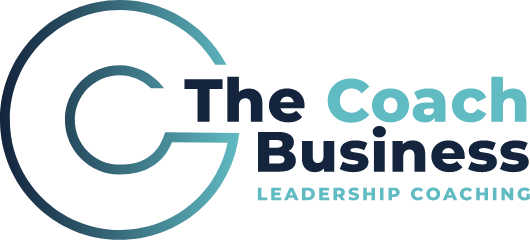When coaching Senior Leaders it is always interesting to ask them what they view as the key skills for new and experienced leaders. The feedback is pretty consistent and as a result we have been able to compile the 10 key skills for a leader that they will need to develop in their career.
Which of the following 10 key skills do you feel you most need to develop? What are you doing to try and do so? How could coaching help you develop these skills?

- Self-Awareness and Emotional Intelligence: Understanding oneself and cultivating emotional intelligence is fundamental for effective leadership. Leaders should explore topics related to self-awareness, self-regulation, empathy, and interpersonal skills. Emotional intelligence enables leaders to navigate various situations, build strong relationships, and lead with authenticity.
- Communication Skills: Effective communication is at the core of successful leadership and leaders should focus on honing their verbal and written communication skills, including the ability to articulate a clear vision, provide constructive feedback, and actively listen to team members. Strong communication fosters collaboration and ensures that expectations are well understood.
- Team Dynamics and Collaboration: Leadership is often about leading a team towards common goals. Understanding team dynamics, fostering collaboration, and promoting a positive team culture are crucial for success. Topics such as team building, conflict resolution, and creating a cohesive work environment are essential areas to master.
- Decision-Making and Problem-Solving: Leaders frequently face complex decisions and challenges. Learning effective decision-making processes, critical thinking, and problem-solving techniques are invaluable skills for a leader. The ability to make sound decisions under pressure contributes to organisational success.
- Adaptability and Change Management: The business landscape is dynamic, and leaders must be adaptable. Understanding change management principles, navigating uncertainty, and leading teams through transition is becoming increasingly important. Being adaptable ensures that leaders can respond effectively to evolving circumstances.
- Time Management and Prioritization: Leaders often juggle multiple responsibilities, and effective time management is crucial. Learning to prioritize tasks, set goals, and delegate appropriately helps leaders stay organised and focused on high-impact activities.
- Strategic Thinking and Visionary Leadership: Developing a strategic mindset and visionary leadership skills is essential for long-term success. As a Leader moves up the ranks of an organisation they need to move from an operational mindset to a strategic one and therefore should familiarise themselves with strategic planning, goal-setting, and aligning organisational objectives with a clear vision. Strategic thinking enables leaders to guide their teams toward sustainable growth.
- Conflict Resolution and Negotiation Skills: Conflict is inevitable in any workplace. Leaders should equip themselves with conflict resolution skills and learn effective negotiation techniques. Managing conflicts constructively fosters a positive work environment and helps maintain productive team relationships.
- Coaching and Mentoring: Adopting a coaching mindset and understanding effective mentoring practices are valuable for leaders. Coaching helps develop individual and team potential, fostering a culture of continuous learning and improvement. Mentoring contributes to the professional growth of team members.
- Ethical Leadership: Ethical considerations are integral to leadership. Leaders should explore topics related to ethical decision-making, integrity, and responsible leadership. Upholding ethical standards builds trust within the team and across the organisation.
The 10 key skills for a leader as described above are common areas for us to cover in a coaching programme with leaders, both new and experienced. The most successful leaders view ongoing learning and a commitment to personal and professional growth as key elements in a leader’s journey.

